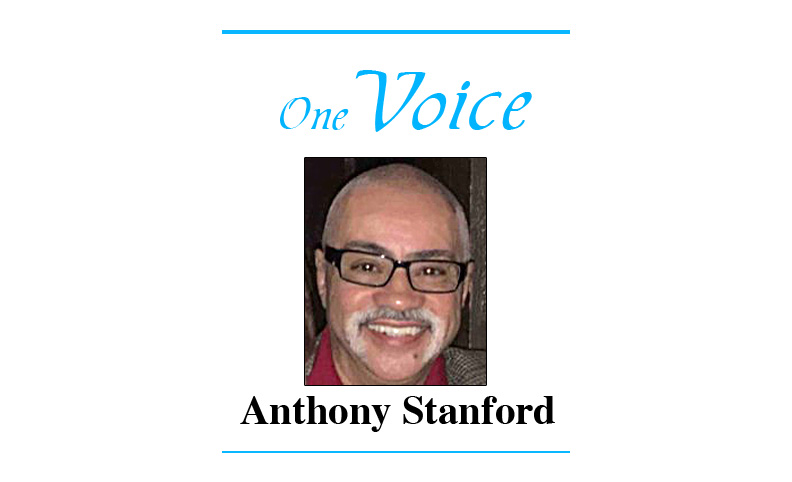
Peculiar things happen when Homo sapiens isolate. Whether it’s referred to as social or physical distancing, being alone does unexpected things to humans.
Pappion, a 1973 movie, depicts how isolation can affect human behavior. The film is about the penal system of French Guyana and the years that prisoner Henri Charriere spent in solitary confinement. Charriere’s experience is an extreme and dark example of how solitude influences the human mind.
When compared to hardcore solitary confinement, the effect of temporary social distancing necessitated by COVID-19 is equivalent to intense cabin fever. Yet, a stay-at-home directive gives us a pretty good idea of the impact that it has on the human condition.
Measures to prevent the spread of COVID-19 that some believe draconian, appear to have caught Americans off guard. From sea to shining sea, we are awash in never before experienced uncertainty, as we struggle to comprehend and regain our footing.
When businesses were adhering to the mandate to close they notified customers by using hastily- created signage, our lives began transforming in ways that suspense author Stephen King might relish turning into a bestseller.
Beyond its insidious nature, the toll of grief, and human suffering, and the upheaval caused by COVID-19, is perhaps most sinister because Americans have nothing in their modern-day experience to compare.
It is nothing the Silent Generation, Baby Boomers, Generation X, Millennials, or Generation Z can recall an event that helps to make sense of the tsunami of suffering and absurdity that COVID-19 has ushered in. Yet, it’s a safe bet that we are not on the verge of social Darwinism.
Amid the pandemic, experts overwhelmed us with a deluge of terminology, frequently repeated as if being wedged into the American lexicon.
Terms such as flattening the curve, personal protective equipment (PPE), and the word exponentially, which seems to precede the delivery of unsettling news, are as familiar as Illinois governor JB Pritzker’s mid-afternoon briefings.
Locally, the quick sequence of confirmed COVID-19 cases and fatalities, made public by the Kane County Health Department, made clear that being spared the tenacious wrath of the ominous contagion, wasn’t in the cards.
On the heels of that realization came a moment of discernible change, one that set in motion a coordinated response from leaders from our Aurora area. It signaled that the machinery of government was moving into action, bringing the tools and resources needed to fight back.
When medical and scientific experts, despite their best efforts, voice their frustration and inability to say anything about the virus with certainty, public concern grew.
In the coming weeks, humankind will continue to experience anxiety brought on by the pandemic. And, because such pervasive anxiety is new to the American people, our unease is understandable.
The reality is that the battle against COVID-19 continues, and no one knows when the crisis will end. Now facing what will be our toughest hour, we must adhere to instructions from health-care professionals, trusted leaders, and the unwavering bravery of essential workers who have brought us this far.
To defeat the monster, and make progress toward normalization, physical distancing, routinely washing our hands, donning masks, and trusting in the fabric and resilience of our community is the winning strategy.
Anthony Stanford is an author and Aurora Deputy Poet Laureate.

